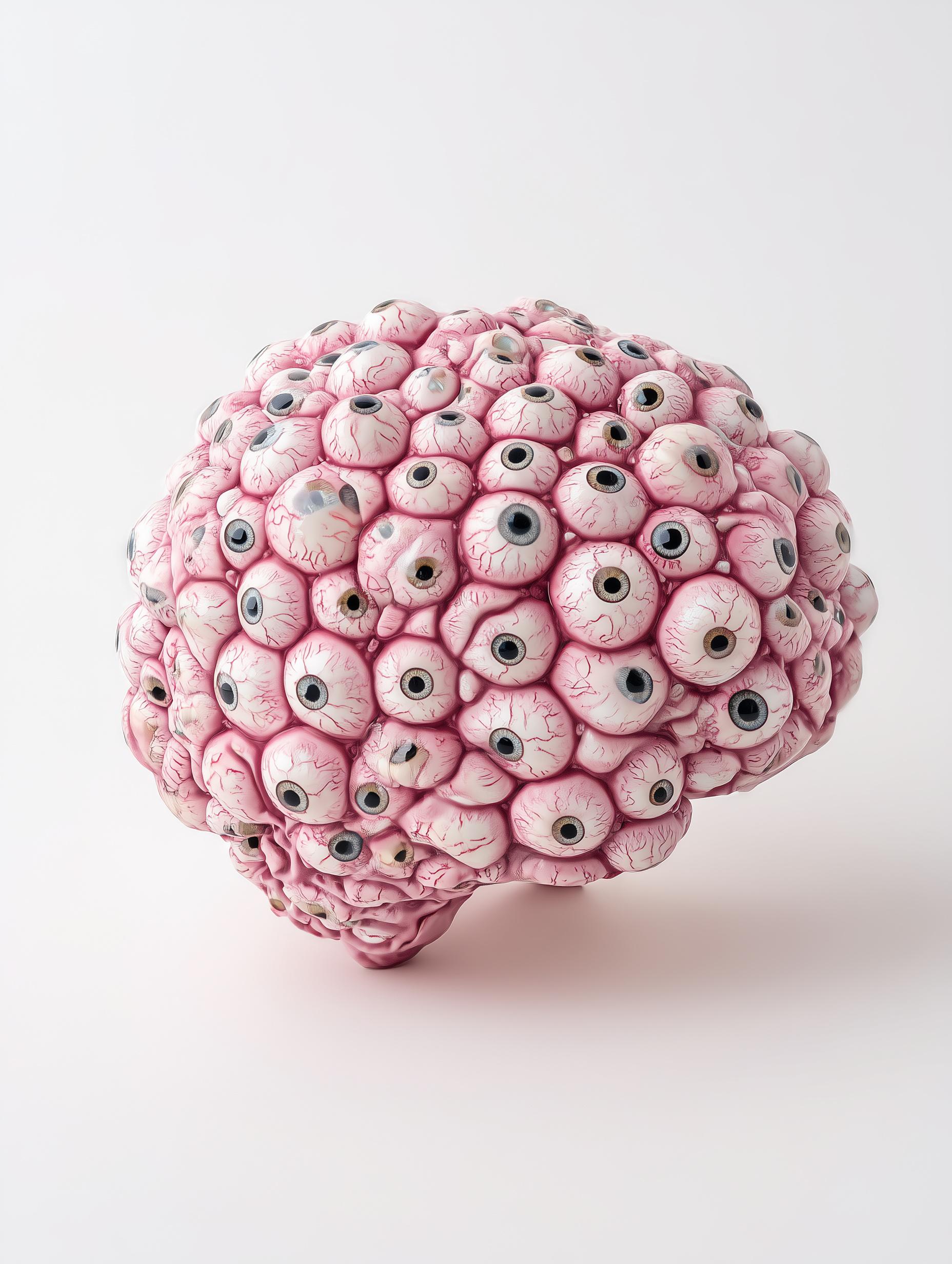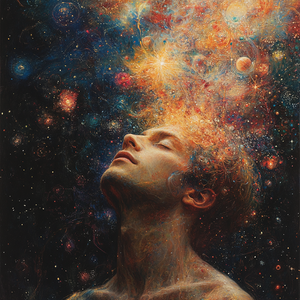Cultivating AI "Cognitive Immunity": Our First and Last Defence
The most vulnerable in society require the careful leadership of the most influential leaders in this space.

Perhaps serendipity helped me to find this today, perhaps it was simply an algorithm. How would we discern the difference?
In some ways it doesn't matter. In software engineering, psychological wellbeing, cultural cohesion and life itself, as always, timing is everything. What matters most are the results and the secret is in finding the function.
His latest post "2030: The Neurocivilisational Threshold — Power, Control, and the Cognitive Battle for Humanity" is a hard hitting, no holds barred lens on situation we may already be more *in* than we would like to admit.
We are fast approaching a point of no return—not a singularity of technology, but a singularity of mind. The human race is crossing a threshold not purely defined by innovation but by domination, where attention is a commodity, data is sovereignty, and power is subtly redefined through cognitive capture.
Suresh Surenthiran usefully diagnoses what he frames as "the cognitive capture epidemic". I think a lot of us already feel what he points to and he describes much more eloquently than I can. Needless to say, the effects are tangible at the psychological, emotional and spiritual intersections of our human experience.
It's helped me clarify what it is I am up to and the role I want to play.
Fundamentally, I am interested in cultivating the "cognitive immunity" that healthcare professionals need to maintain some sovereignty of attention. Without that, who (or what) remains to listen those who need us?
AI is already penetrating deep, ancestral systems that shape our behaviour. Some of this will help us integrate, perform and feel our best. Some of it, most assuredly, will not; what remains important either way is that we retain some ability to choose. The most vulnerable in society require the careful leadership of the most influential leaders in this space.
Theory is important, education is crucial. Perhaps even more so we need practical, experience-first, embodied training that increases our ability to discriminate, filter and reflect on the technology that aims to get "inside us".
My upcoming workshop - "Conversations with AI" - increases that which is distinctly human; intuitive, relational, creative, moral and conscious. Through carefully designed exercises, we use AI directly to hold the mirror up to ourselves and find the awareness that cuts through.

My thanks to Suresh Surenthiran for spurring me on and being a source of signal in the intensifying noise.






Comments